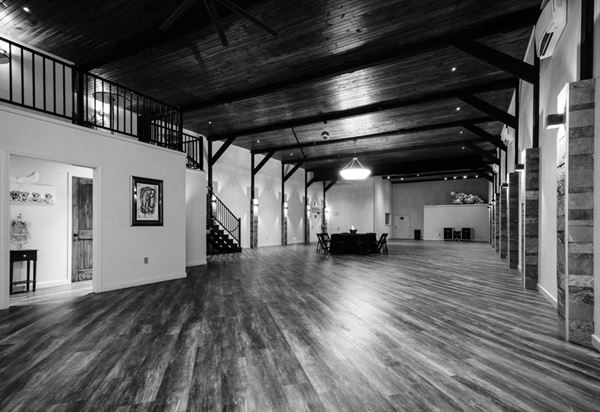
WEIGHT: 65 kg
Breast: Medium
One HOUR:30$
NIGHT: +40$
Services: Watersports (Giving), Oral, Sub Games, Lapdancing, Sauna / Bath Houses
In , with territorial expansion to the Pacific Ocean largely completed and railroads approaching the Mississippi River from the east, the time seemed ripe to consider building a transcontinental railway. A New York to Chicago line was completed in that year, and, in , track reached the Father of Waters across the river from St. Congress, urged by commercial interests and the general public to provide aid and encouragement for a Pacific railroad, began serious consideration of potential routes and forms of assistance.
In the course of congressional consideration of three Pacific railway bills submitted during , a limited consensus emerged. The legislators desired construction of a transcontinental line and agreed that substantial government aid was imperative. Rejecting as too costly the proposal of Illinois Senator Stephen A.

Douglas for three routes, northern, central, and southern, the Senate concluded that only one line should be built. Here the general accord ended and the controversy began. The decision to support only one Pacific railroad precipitated a major sectional dispute. A Wisconsin newspaper stated the issue succintly: "Shall the upper West or shall the lower West be the great avenue of trade and commerce?
Thus divided, Congress failed to settle on any route across the continent. The dispute over the proposed line was also local and regional, with numerous western cities vying for the terminal. Promoters from St. Paul, Chicago, St. Louis, New Orleans, and other potential sites boosted their respective cities. Smaller towns, such as Fort Smith in Arkansas, also entered the lists. A German observer wryly noted: "Fort Smith, like every town in America, before it has well come into existence begins to think of establishing railroad connections Beset by so many contending interests, Congress finally abandoned the effort to settle on one best transcontinental route.

Pennsylvania Senator Richard Brodhead's proposal for a reconnaissance of several potential lines by the Topographical Engineers, rejected early in the debate, was resurrected and passed as an amendment to the Army appropriation.



































